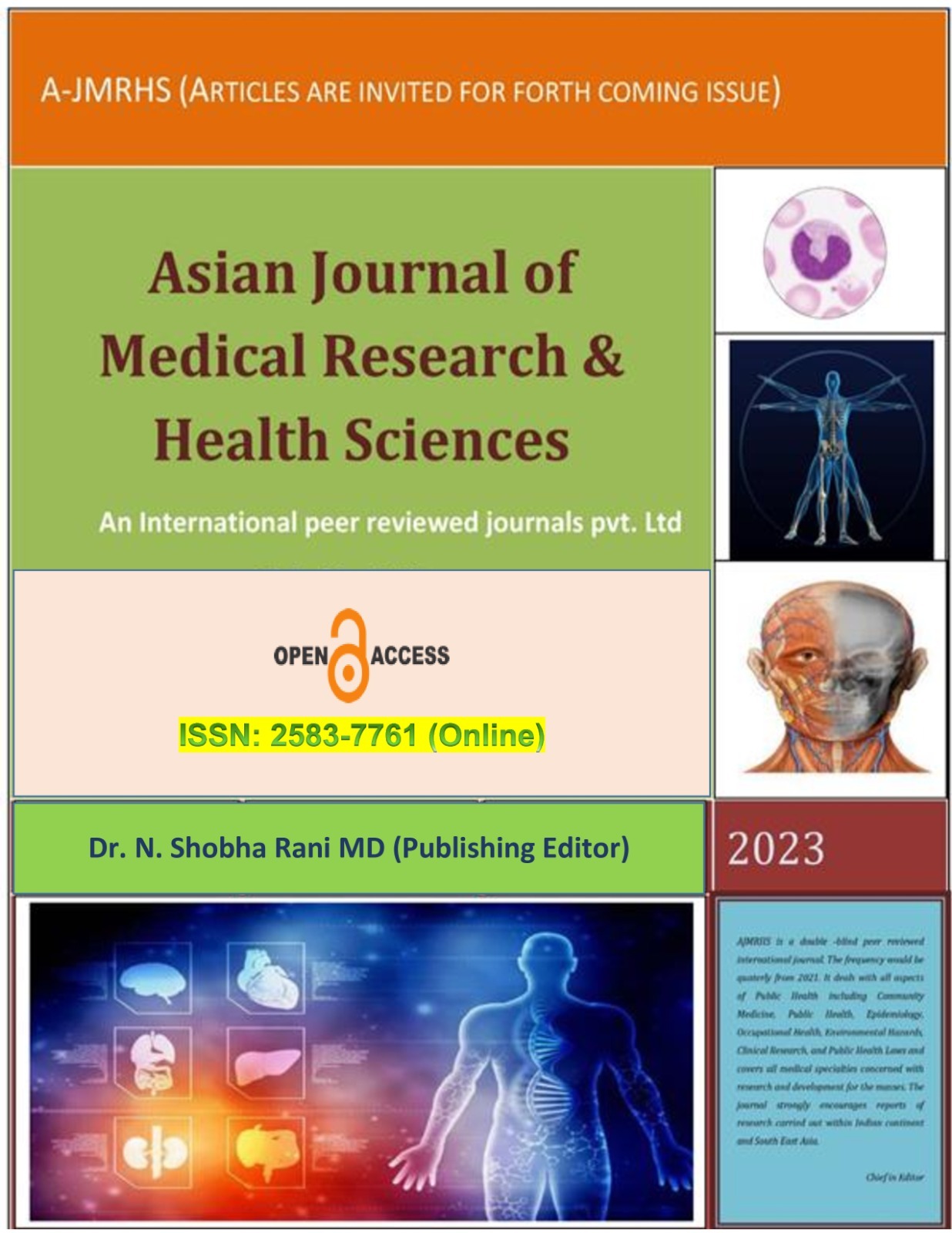PREHOSPITAL POINT-OF-CARE ULTRASOUND (POCUS)
Abstract
POCUS is instrumental in improving patient outcomes and person-centered care. It is performed as a bedside test and it is interpreted by the attending physicians. It is highly important in emergency medicine to use as a rapid diagnostic tool. Training Requiremen Formal ultrasound training is a requirement for prehospital physicians. It is an added advantage if the paramedics and nurses can learn POCUS programs that include both practical and instructive training. After the formal training, it is necessary to get educated in various courses, unit- level in-services, and medical education. Applications of POCUS in Prehospital settings Several applications such as enhancing various medical and traumatic pathologies can be achieved through the correct administration of POCUS. POCUS plays a very important role in the termination of resuscitation (JEMS 2018). Quality Assurance of POCUS in Prehospital Settings For better quality assurance, skill retention is very important for a better application of prehospital ultrasound. Limitations of POCUS in Prehospital Settings There are a few limitations of POCUS such as the response time of the emergency care professionals. Conclusion Thus, the impact of the prehospital point-of-care of ultrasound is quite important to determine and identifying patient outcomes and patient-centered care. the technological advancements help to address several factors in education, quality assurance, and feasibility of POCUS. POCUS is standard care in several prehospital settings used to reduce morbidity and mortality.
Keywords: emergency medicine, diagnostic tool, resuscitation, ultrasound, quality assurance
Downloads
Published
Issue
Section
License
Copyright (c) 2023 Murdhi Alanazi (Author)

This work is licensed under a Creative Commons Attribution-NonCommercial-ShareAlike 4.0 International License.




